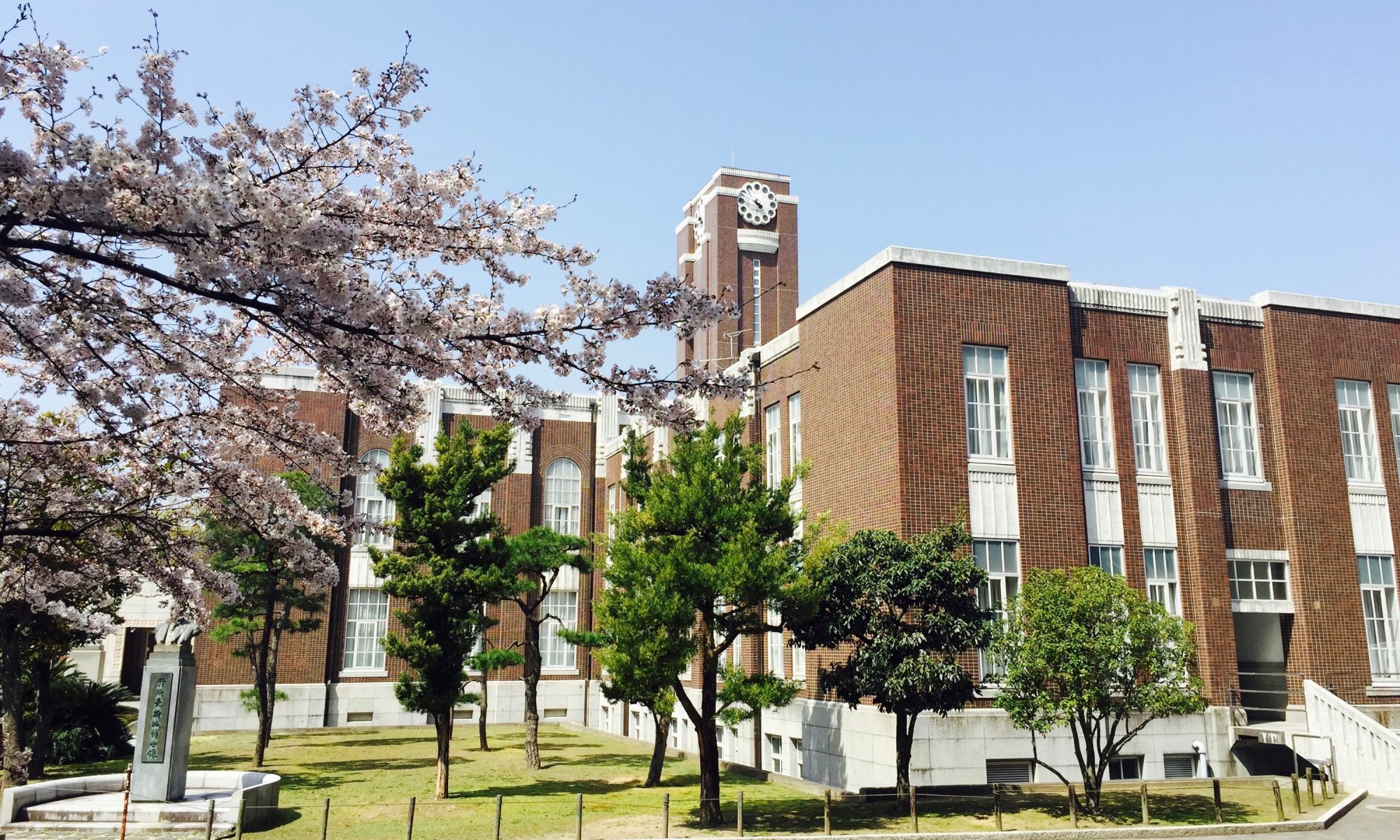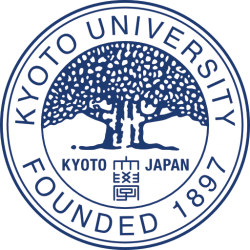Teacher: WIRTZ, Fernando Gustavo
Course Code: JK40003
In this course, we will explore some of the most important intellectual debates that took place in Japan between 1930 and 1945, situating them within their broader transcultural and global contexts.
These years were marked not only by growing militarism and war—phenomena inherently shaped by transnational ideological currents—but also by intense intellectual discussions, taking place amid censorship and the persecution of leftist thinkers.
In the first part of the course, we will examine the Kyoto School’s position on modernization, considering how their engagement with European philosophy, particularly German Idealism and phenomenology, informed their reflections on the crisis of modernity.
The second unit will focus on the so-called “Technology Controversy” (技術論論争), in which various intellectuals—many aligned with the left—attempted to understand the nature of technology, grappling with debates that resonated globally around Marxism, liberalism, and fascism. We will analyze how concepts of technology, progress, and modernization circulated across borders and were appropriated, transformed, or contested in the Japanese context. Two fundamental issues highlight the transcultural background of these debates: the importance of technology in Japan’s colonial expansion into East Asia—including the influence of the so-called technocratic bureaucrats—and the question of whether a “distinctively Japanese technology” could be conceptualized.
The third unit will explore different conceptions of political agency, asking: Who makes history? Is it nations, the masses, or the people? We will compare Japanese debates on political subjectivity with parallel discussions in Europe and the Soviet Union, examining to what extent categories like “the left” or “the masses” carried equivalent meanings across these contexts. We will also discuss to what extent terms such as the experiences of fascism or the Popular Front can be translated into the Japanese context, and how this translation reshapes our understanding of European phenomena. The work of Tosaka Jun will be essential for this part of the course.
The fourth unit will present the positions of women intellectuals of the time, addressing issues such as motherhood, labor rights, and education, while situating their arguments in the wider transnational feminist discourses that were circulating between Japan and Europe.
Throughout the course, we will read a selection of primary and secondary texts by thinkers such as Tosaka Jun, Miki Kiyoshi, Kōsaka Masaaki, Yamakawa Kikue, Yosano Akiko, and Tsuchida Kyōson, paying close attention to how their ideas engaged with, resisted, or reinterpreted various circulating discursive frameworks. In addition, we will analyze how European authors such as Karl Löwith reflected on similar problems of modernity, secularization, and historical consciousness, and how their ideas influenced or were in dialogue with Japanese thinkers.
Course Information
Module: Research and Advanced Studies
CATS Requirements: BA 3rd. year or above
Link to course material on PandA.
Day/Period: Tue/4
Location: Edu. Sem. 6 (Research Building No. 2, Basement floor)
Credits: 2
Course Goals
-Gain an overview of major intellectual debates in Japan during the 1930s and 1940s and situate them within broader transcultural frameworks.
-Understand the historical and political contexts in which these debates took place, including the circulation of ideas across national and cultural boundaries.
-Explore different perspectives on modernization, technology, and political agency.
-Develop skills in reading and interpreting philosophical and political texts with attention to processes of translation, appropriation, and reinterpretation across cultures.
-Reflect on the relationship between thought, ideology, and historical change, and consider how transcultural encounters challenge or enrich established narratives.
Course Schedule and Evaluation
For a detailed course schedule, please visit KULASIS or the PandA platform (the enrollment key is provided in KULASIS and also during the first week of class).
Active Participation – 10%
Short Essay – 30%
Student-led introduction of the text (Referat) – 20%
Final Essay – 40%


